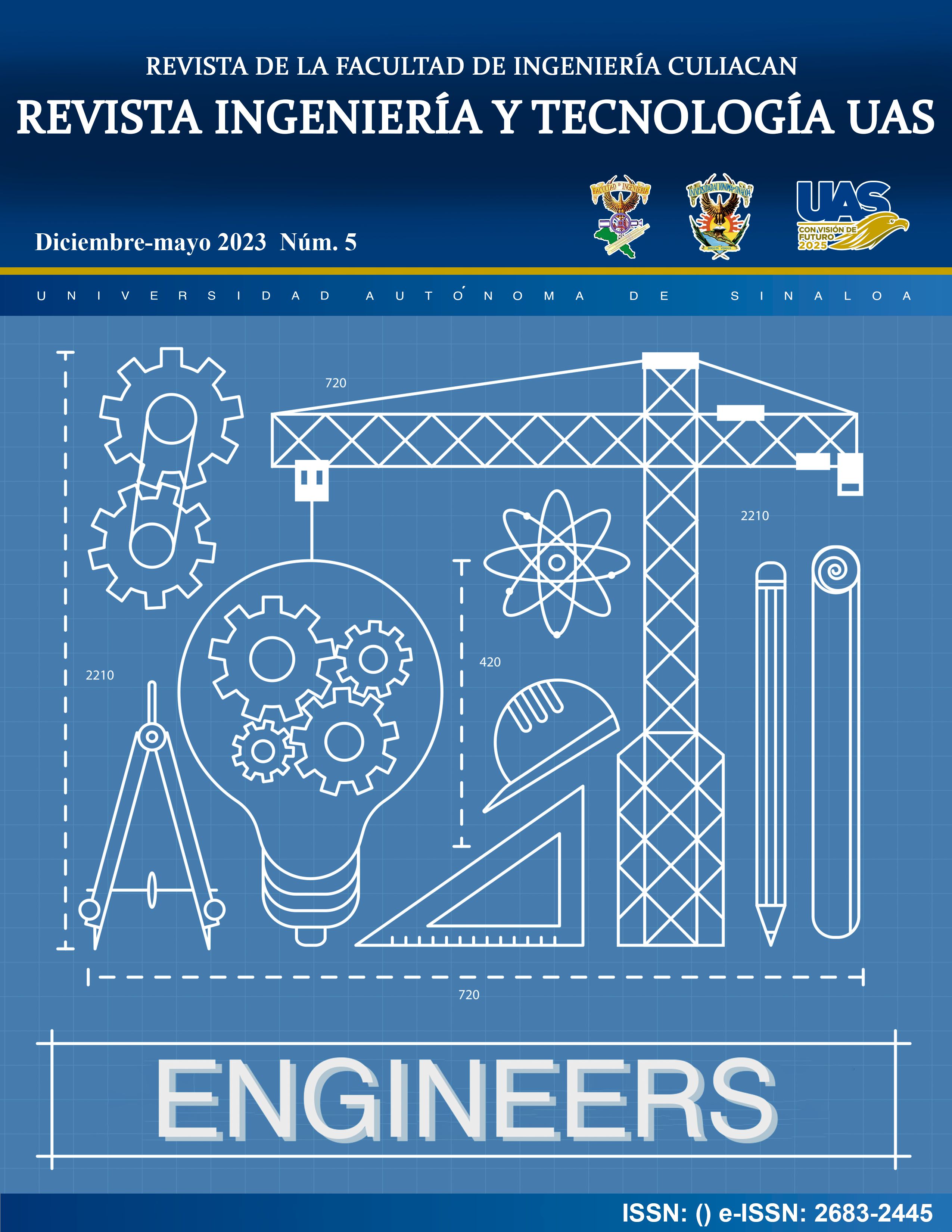Mortero polimérico elaborado con resina híbrida de poliéster insaturado (a partir de reciclaje de botellas de PET postconsumo) con nanoacoplante silano
Palabras clave:
Mortero polimérico modificado , acoplante silano, 3-(Trimetoxisilil) ropil metacrilato, resina de poliéster insaturado , reciclaje de PETResumen
Botellas de PET post-consumo fueron recicladas mecánica y químicamente, para sintetizar resina híbrida de poliéster insaturado (RPI-H), con la adición de nanoacoplante silano (AS), utilizadas en la elaboración de morteros poliméricos (MP), que son una mezcla de agregados finos y polímero (aglutinante). La RPI-H es el aglutinante y el AS mejora la interacción química RPI-H/agregado. Se elaboró MP modificado con AS (MPM); la RPI-H fue sintetizada en reactor tipo Vessel, con variación de temperatura ambiente a 180 ºC, con adición de propilenglicol, acetato de zinc, anhidrido maleico y estireno y 3-(trimetoxisilil)propil metacrilato (TMSPM), como AS. Se obtuvo el MPM y se caracterizó mediante espectrometría infrarroja por transformada de Fourier (FT-IR) y resistencia a compresión. Los resultados obtenidos confirmaron la obtención de MPM y la interacción química RPI-H /agregado de los MPM, comprobado por FT-IR y la resistencia a compresión del MPM se incrementó en 45% respecto a la del MP.
Descargas
Descargas
Publicado
Versiones
- 2024-01-26 (2)
- 2023-12-31 (1)


